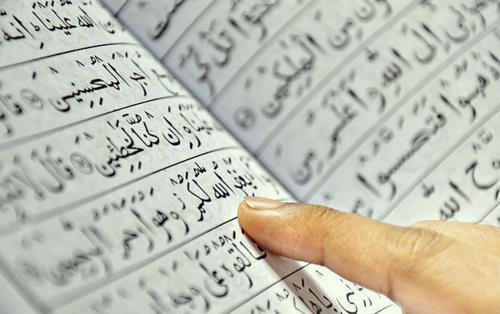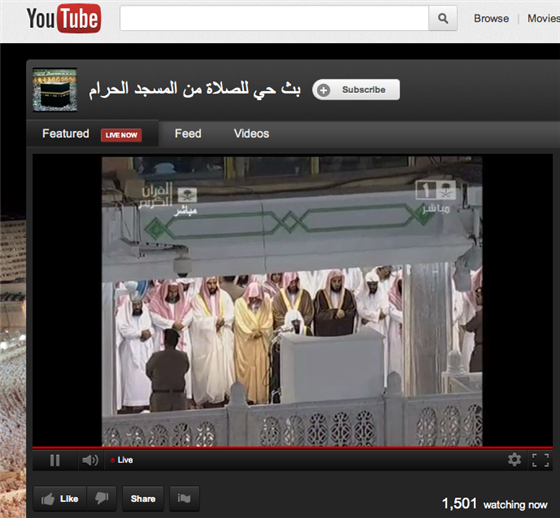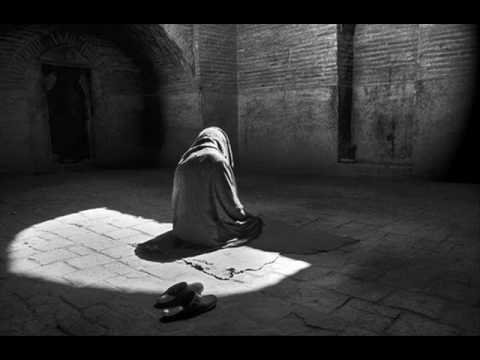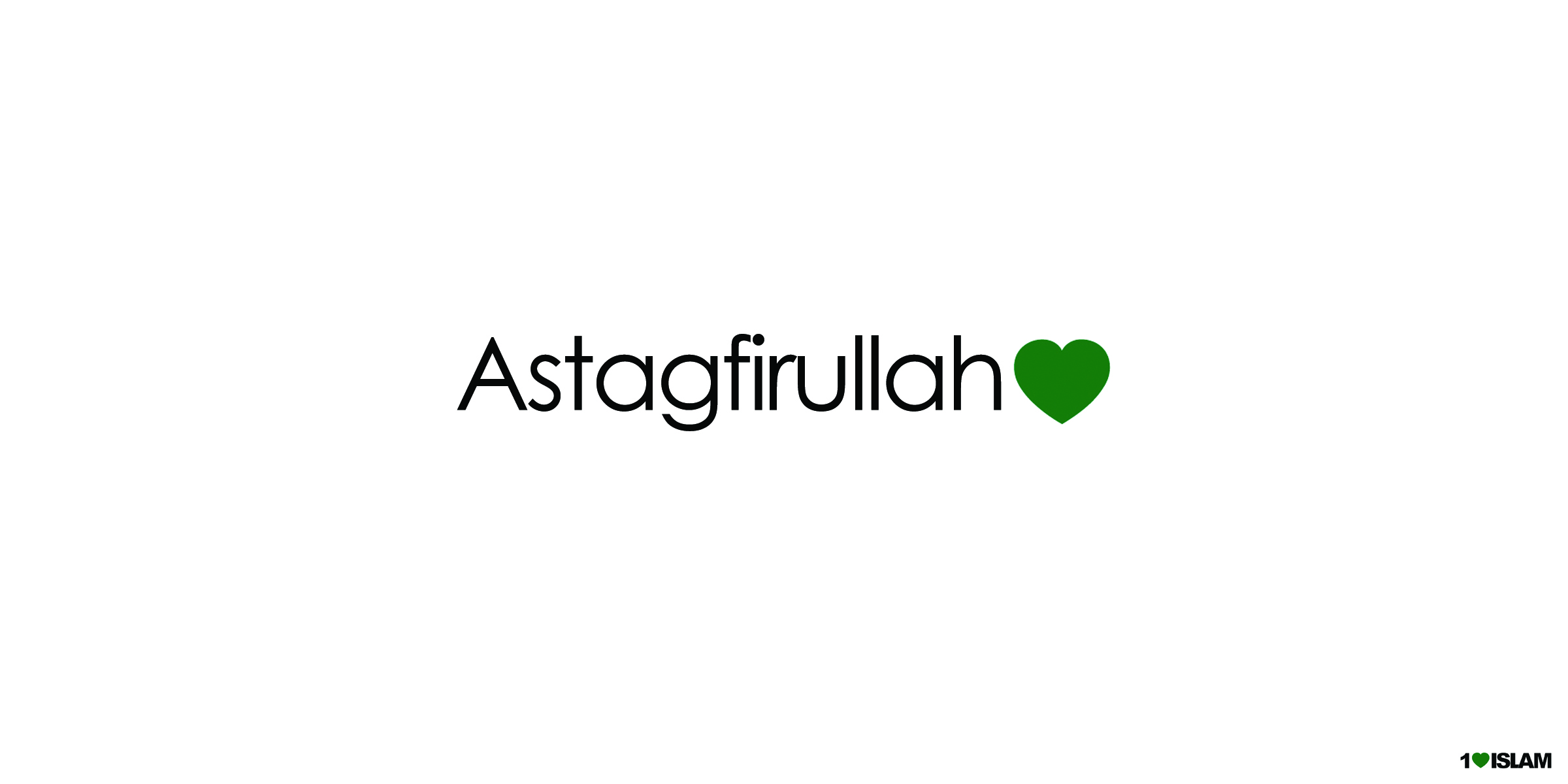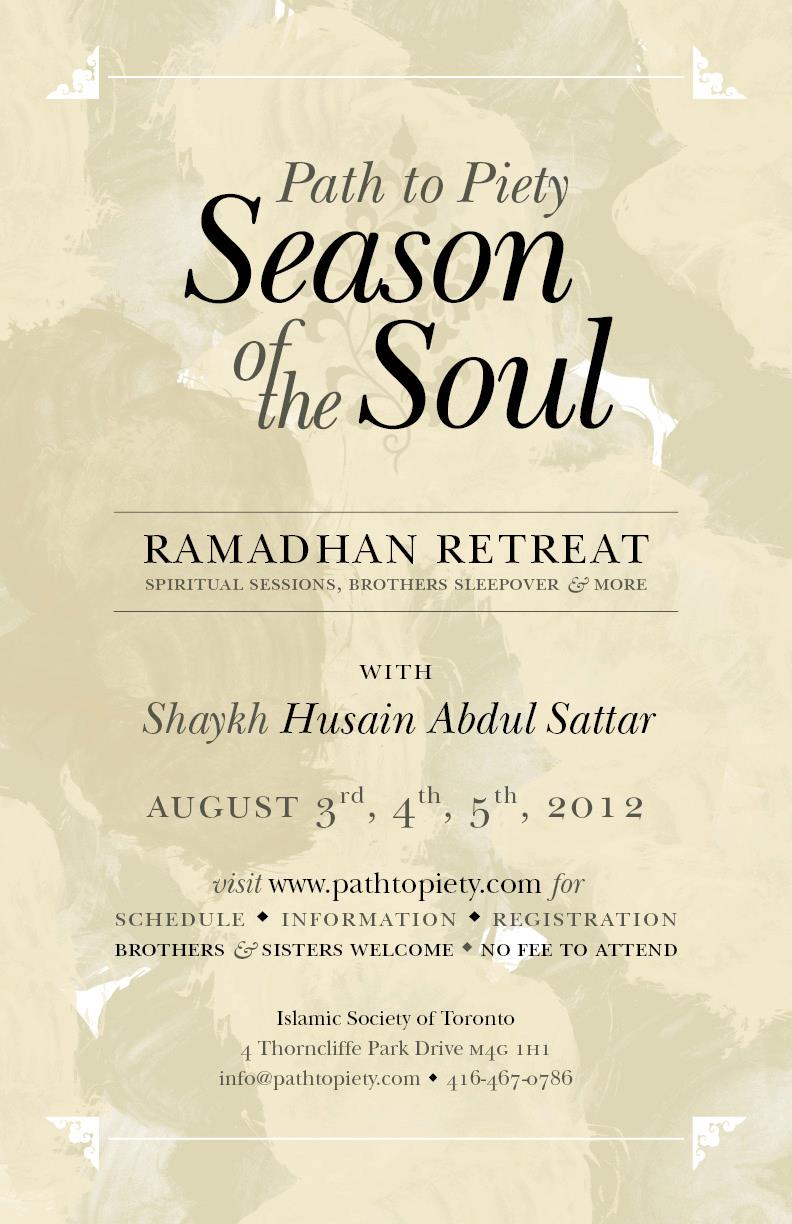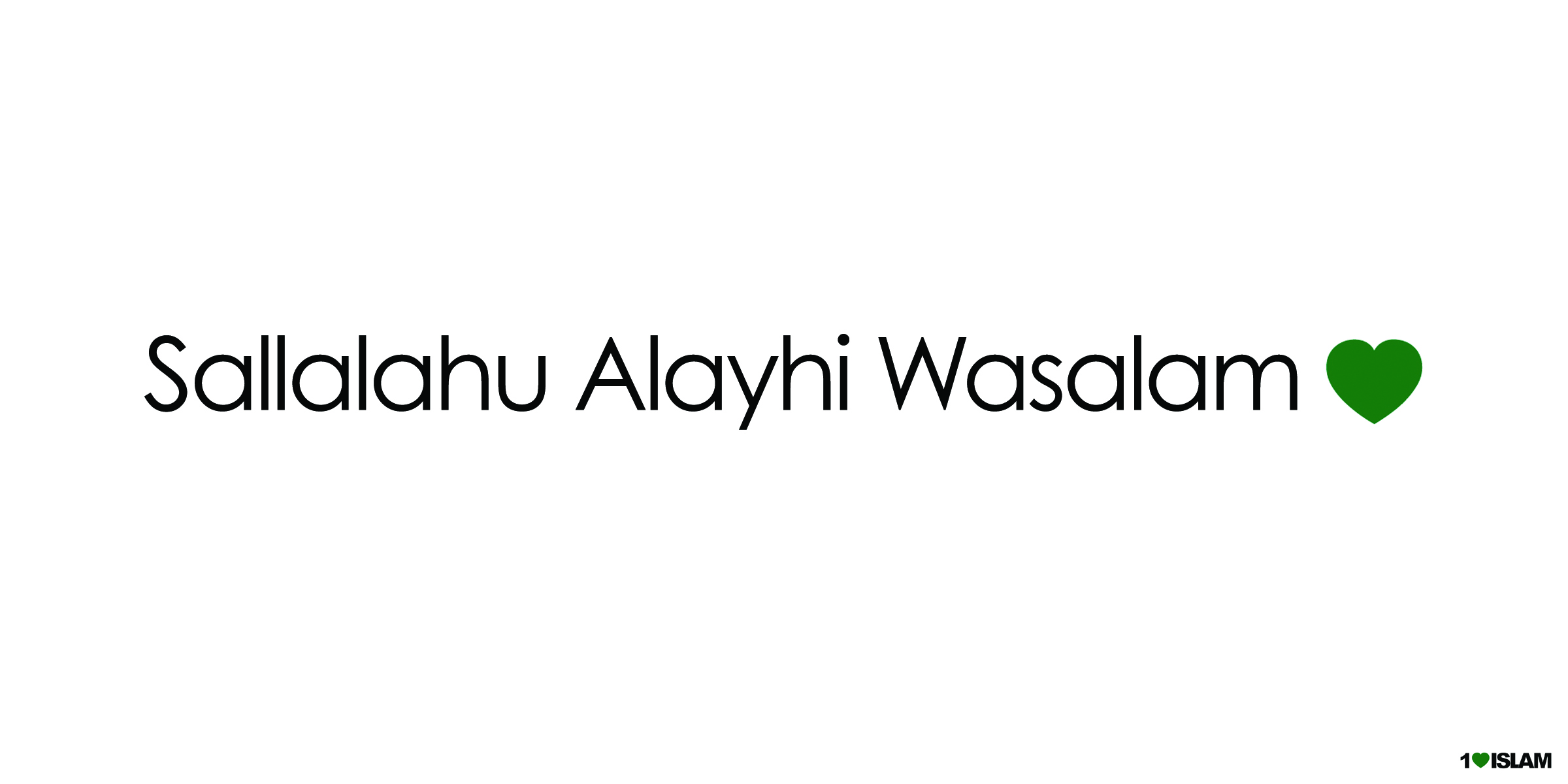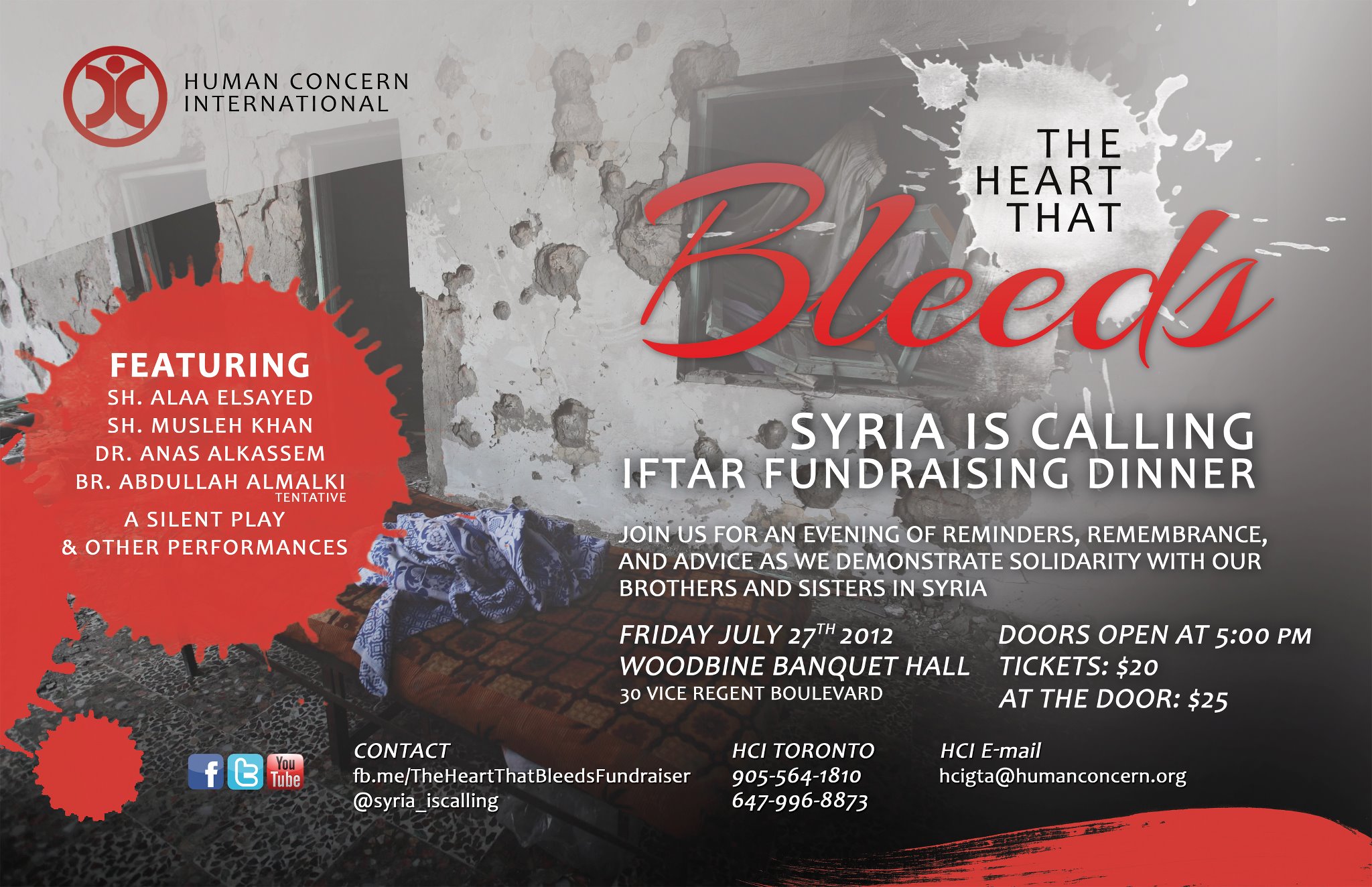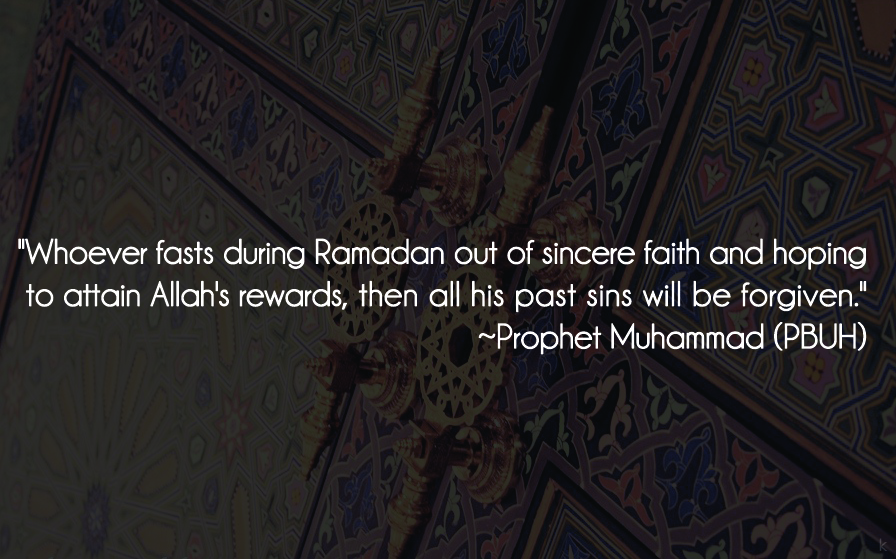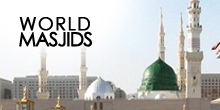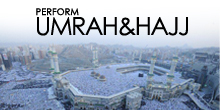It has been said that everything 8 Easy Steps to Recite the Entire Qur’an this Ramadan has a beloved & that the month of Ramadan has a beloved, too: The Glorious Qur’an. And so for the duration of this month, Muslims worldwide honour Ramadan’s beloved and aspire to complete the recitation of the Qur’an.
In this article you’ll learn how you too can work towards achieving this noble goal, insha’Allah.
Step 1: Establishing an intention
Our beloved Messenger ṣallallāhu ‘alayhi wa sallam (peace and blessings of Allāh be upon him) (peace and blessings of Allāh be upon him) taught us – through his words & actions – the importance of one’s intent or purpose. Establishing one’s intention is an effective catalyst for implementation. Once your intention has been established, remember to renew it often. Whilst reciting and even upon completion of the Qur’an, recall your intention and renew it, thus ensuring that it is constantly purified & you are seeking His Divine Acceptance, inshaAllah.
Step 2: Don’t be overwhelmed
For some, as much as they aspire to complete the recitation of the Qur’an during Ramadan, they are overwhelmed by the number of pages or the length of some Surahs. Remove ‘I can’t’ from your vocabulary and eliminate negative thinking, for the believer puts their trust in Allah, matched by striving with their actions. Remind yourself that you are (if Allah wills) fully capable of achieving your Qur’anic aspirations, whether it be completing Qur’an 1 or 5 times. This second point is key. Put your heart into this accomplishment & reap the rewards throughout, inshaAllah.
Step: 3 Plan ahead
Prior to commencing with your recitation it’s important to plan around your routine and block out time for your Qur’an goal e.g. your work hours, rest hours & any other commitments which you may have. Structure a realistic plan of how to complete the recitation of Qur’an within the month by dividing each Juzz up per day. Draw up this personal plan, review it constantly, and put it into action!
As you put your plan to paper, consider past Ramadans and; ask yourself if there have been instances where you were unable to complete Qur’anic recitation. Reflect over why and how this occurred. Is there a different mechanism that you could put into place? How could you enhance your daily Qur’an routine if these distractions were dealt with?
Take the first opportunity that comes, to begin your Qur’anic quest. So when the moon is sighted & the announcement has been made for the 1st Salaatul-Taraweeh, begin in earnest, with Surah Al-Fatiha, Surah Al-Baqarah etc.
Step 4: Understand the Qur’an
Read the translation of the Juzz you will be reciting daily. Having a basic knowledge of the theme, topic, message & meaning of what you are reciting makes the recitation of the Qur’an an incredibly uplifting experience that you do not want to miss out on!
Step 5: Find Qur’an Buddies and Compete in Good
Develop close bonds with brothers/sisters who are known for their attachment to the Qur’an. They’ll be your spiritual friends. Engage a Qur’an Buddy in your noble Qur’an productivity goals. Request that they remind you to fulfil your goals and spiritual aspirations so they can help you in times of slacking.
In life, we compete with many materialistic goals and race one another, but what about following the footsteps of the best of generations that had come before us in a competition this Ramadan? In striving and competing with our friends and colleagues towards our noble goals, in a good-natured way, we can motivate ourselves to finish our Qur’an goal.
One of the common aspects which deter a Muslim from completing this task is excessive communication. Often, many of us spend too much unnecessary time surfing the net, chatting, texting, etc… . Reduce this even by a third and you will see, feel and witness the blessings in your time, inshaAllah.
Step 6: Seize the Moment
A deeply inspiring story in ‘lessons from the waiting room’ – where a mother; who has taken her unwell child to the hospital; waits for the doctor to see to her child. She notices a young Muslim who uses his time in the waiting room, in a most effective & spiritually rewarding way, reciting from a pocket-sized Quran. Lesson to be taken here: Invest in a pocket-sized Qur’an and make it your best friend this Ramadan. Seize every opportunity and moment to be with Allah subḥānahu wa ta’āla (glorified and exalted be He) (glorified and exalted be He) through your recitation.
One of the best times at which to recite Qur’an, is after Suhoor. Having partaken from the Sunnah meal, and within an hour or two still to go before work or school, this is the ideal jump start to your day. The Prophet ṣallallāhu ‘alayhi wa sallam (peace and blessings of Allāh be upon him) (peace and blessings of Allāh be upon him) asked Allah subḥānahu wa ta’āla (glorified and exalted be He) (glorified and exalted be He) to bless our Ummah in the early hours, and you will also be more likely to memorise ayahs at this time. Research shows that morning study creates better performance in students so don’t miss the morning recitation!
Time Tip: Salah Followed by Qur’an.
Consider the following option that has worked well for numerous people in past Ramadans. Try reciting 6 – 8 pages of Qur’an (depending on the Mus-haf that you are using) after each of your 5 daily salah. Add Qiyaamul-Layl as a 6th addition, and you will reach the end of Ramadan, having completed your Qur’an recitation with ease & perhaps, even before the last 5 days of Ramadan so long as you remain committed.
Time Tip: Recite before going to sleep.
Allah subḥānahu wa ta’āla (glorified and exalted be He) (glorified and exalted be He) says: “Indeed, the hours of the night are more effective for concurrence [of heart and tongue] and more suitable for words” [73:6]. Reciting during the day is also beneficial, however the night time recitation is easier as well during Ramadan as there are less distractions and noise.
Step 7: Remain steadfast and consistent
The key to any success is consistency. Once you’ve mapped your plan, stick to it. Remind yourself of the greatness of this month, of the opportunities that it provides for your spiritual growth and your relationship with the Qur’an. Don’t be willing to compromise it in this month.
Step 8: Make dua’a to Allah subḥānahu wa ta’āla (glorified and exalted be He) (glorified and exalted be He)
Nothing can be achieved without the aid and guidance of Allah subḥānahu wa ta’āla (glorified and exalted be He) (glorified and exalted be He). When making your intention to complete your memorisation of Qur’an, supplicate to Allah subḥānahu wa ta’āla (glorified and exalted be He) (glorified and exalted be He) to ease this noble pathway and to crown your efforts with success, inshaAllah.
These are the 8 ways I wanted to share with you on starting and completing your journey through recitation of the Qur’an this Ramadan. Indeed, Allah subḥānahu wa ta’āla (glorified and exalted be He) (glorified and exalted be He) says in Surah Al-Baqarah: “This is the Book about which there is no doubt, a guidance for those conscious of Allah.’’ In the hours of the days and nights of this sacred month, may the Qur’an be your companion of light and guidance, resonating through your words, actions and life mission. May your relationship with the Qur’an be strengthened, enriched & enlivened with the profound wisdom and divine message from Allah subḥānahu wa ta’āla (glorified and exalted be He) (glorified and exalted be He).
ARTICLE: PRODUCTIVE MUSLIM